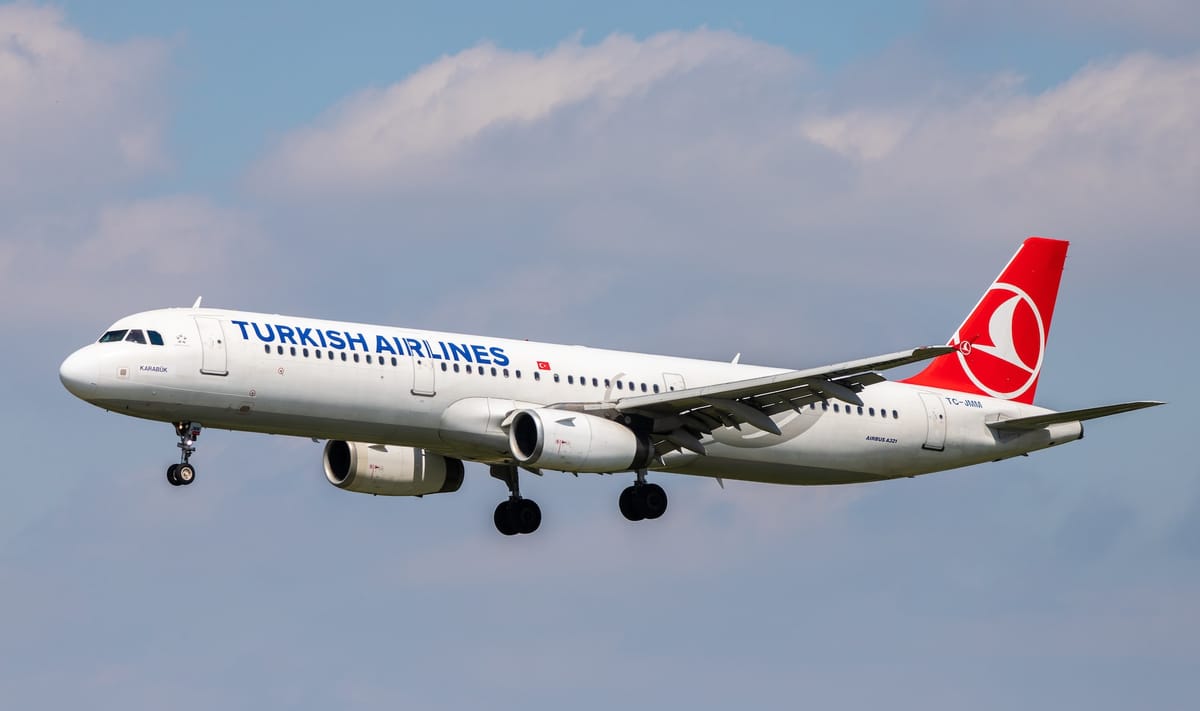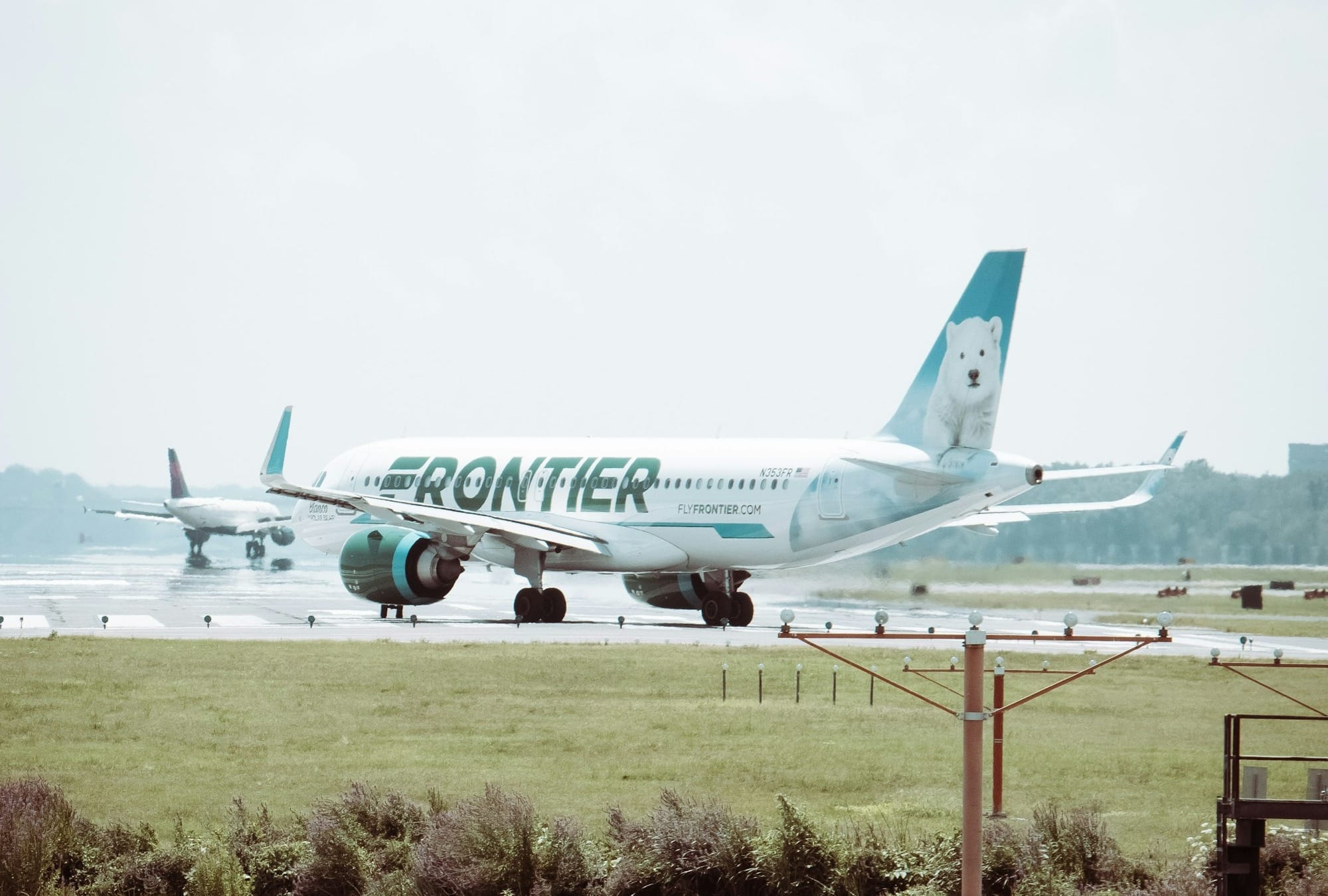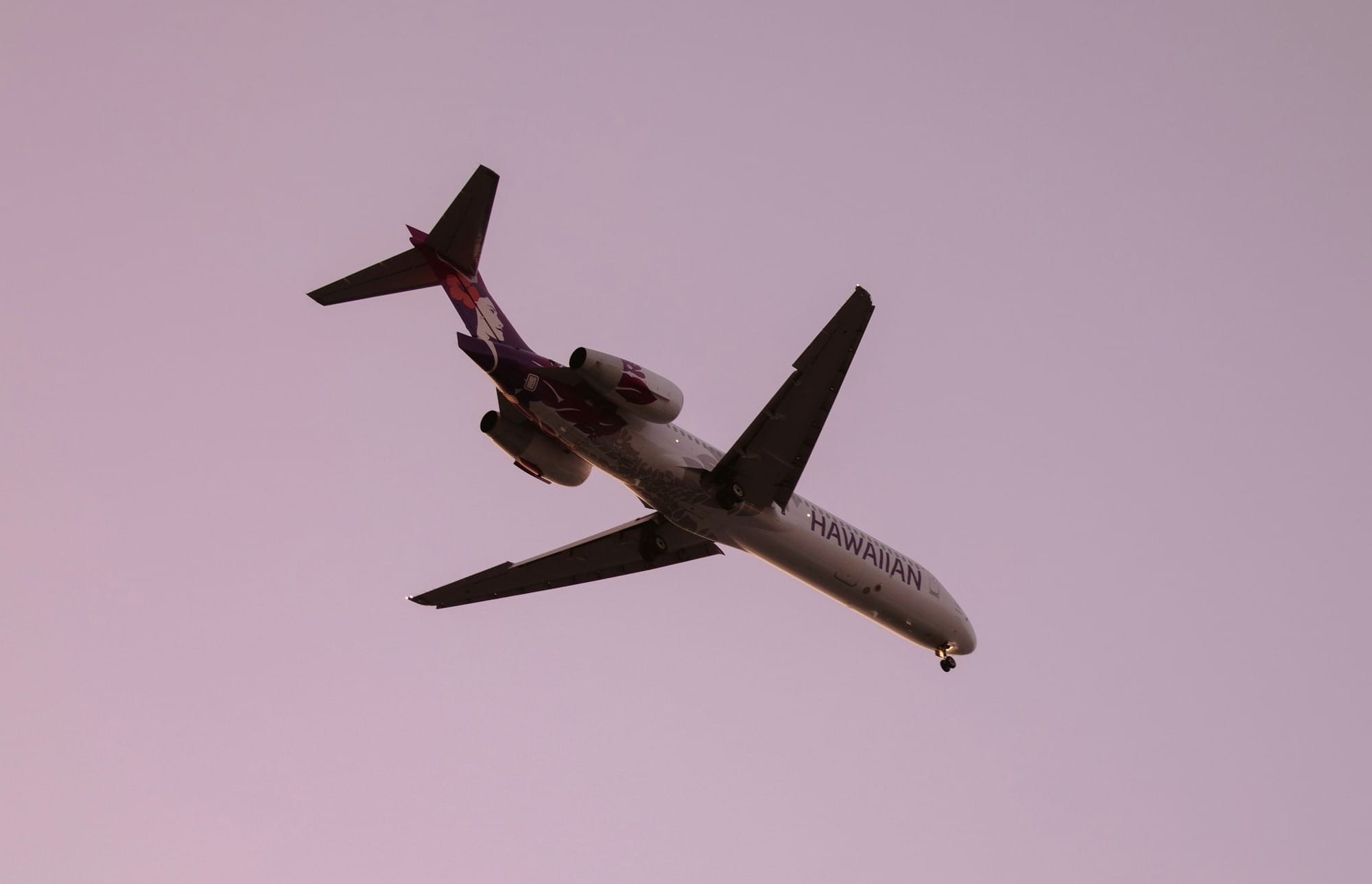Turkish Airlines Expands Fleet with Order of 220 Airbus Aircraft, Including A321s and A350s
In a significant expansion of its fleet, Turkish Airlines has confirmed an impressive order for 220 Airbus aircraft. This substantial acquisition, announced on December 15, 2023, includes 150 of the versatile A321 models and 70 of the long-haul A350s...


Turkish Airlines Expands Fleet with Order of 220 Airbus Aircraft, Including A321s and A350s
Key Takeaways:
- Turkish Airlines has announced a significant order for 220 Airbus aircraft.
- The order includes 150 A321s and 70 A350s, marking a substantial expansion for the airline.
- This move is set to enhance Turkish Airlines' operational efficiency and passenger experience.
Turkish Airlines, the national flag carrier of Turkey, has made a monumental move in aviation history with the announcement of an additional order for 220 Airbus aircraft. This order, announced on December 15, 2023, includes 150 of the narrow-body A321s and 70 of the wide-body A350s. This strategic expansion is poised to significantly bolster the airline's global footprint and enhance its competitive edge in the international market.
The acquisition of these new aircraft is not just a fleet expansion but a testament to Turkish Airlines' commitment to providing state-of-the-art travel experiences. The A321s, known for their fuel efficiency and comfort, are set to become the backbone of the airline's short to medium-haul routes. Meanwhile, the A350s, with their advanced technology and superior range capabilities, will serve long-haul routes, further extending Turkish Airlines' reach across the globe.
Advertising
Strategic Expansion Through Fleet Modernization
Turkish Airlines' decision to order an additional 220 Airbus aircraft is a strategic move aimed at modernizing its fleet. The A321s and A350s are among the most technologically advanced and fuel-efficient aircraft in the market today. By incorporating these models into their fleet, Turkish Airlines is set to reduce operational costs, minimize environmental impact, and offer an enhanced travel experience to its passengers.
The A321s, with their single-aisle configuration, are perfect for the airline's regional and domestic routes. Their efficiency and reduced noise levels make them a favorite among airlines looking to optimize their short to medium-haul operations. The A350s, on the other hand, are designed for long-haul travel, offering comfort and efficiency over extended distances. This combination of aircraft types ensures that Turkish Airlines can meet the diverse demands of its route network.
Enhancing Passenger Experience
Passenger comfort and satisfaction are at the forefront of Turkish Airlines' operational priorities. The new A321s and A350s are equipped with the latest cabin features, including enhanced seating, ambient lighting, larger windows, and improved air quality systems. These features are designed to reduce jet lag, provide a more spacious cabin environment, and improve overall passenger well-being during flights.
The A350s, in particular, are renowned for their Airspace cabin, which offers passengers a more relaxing travel experience. With higher ceilings, more personal space, and state-of-the-art in-flight entertainment systems, Turkish Airlines' passengers can look forward to a superior flight experience. The airline's investment in these aircraft underlines its dedication to maintaining a leading position in customer satisfaction.

Advertising
Economic Impact and Job Creation
The order of 220 Airbus aircraft is not only a significant development for Turkish Airlines but also for the economy. Such a large-scale purchase is expected to have a positive economic impact, including the creation of jobs both within the airline and across its supply chain. The investment in new aircraft signals confidence in the airline's growth prospects and the broader aviation industry.
The procurement of these aircraft will necessitate a range of skilled personnel, from pilots and cabin crew to maintenance and ground operations staff. Additionally, the ripple effect on suppliers, manufacturers, and service providers will contribute to job creation and economic growth in the regions where these stakeholders operate. Turkish Airlines' order is a catalyst for economic development, showcasing the airline's role as a key player in the global aviation sector.
Commitment to Sustainability
In an era where environmental concerns are paramount, Turkish Airlines' investment in the A321s and A350s reflects a strong commitment to sustainability. These aircraft are among the most fuel-efficient in their respective classes, which translates to lower carbon emissions per passenger kilometer. By modernizing its fleet with these eco-friendly models, Turkish Airlines is taking a proactive stance in reducing its environmental footprint.
The A350, in particular, is built with over 70% advanced materials, including composites, titanium, and modern aluminum alloys, which contribute to weight reduction and enhanced fuel efficiency. The A321s also boast advanced engines and aerodynamic improvements, further underscoring the airline's dedication to sustainable aviation practices. This commitment aligns with global efforts to combat climate change and promotes a greener future for air travel.
Boosting Competitive Advantage
Turkish Airlines' fleet expansion through the acquisition of 220 Airbus aircraft is a strategic move that significantly boosts its competitive advantage in the international aviation market. The addition of these state-of-the-art aircraft enables the airline to offer more destinations, increased frequency, and improved services. This expansion is crucial in an industry where competition is fierce and passengers have a multitude of choices.
The A321s and A350s will allow Turkish Airlines to operate more efficiently, with the ability to adjust capacity to match demand on various routes. The flexibility and efficiency provided by these aircraft will enable the airline to respond quickly to market changes and passenger preferences. This agility is a key factor in maintaining a competitive edge and ensuring long-term success in the airline industry.

Network Expansion and Route Development
With the introduction of the new A321s and A350s, Turkish Airlines is set to expand its network and develop new routes. The A321's range and capacity make it ideal for opening new regional routes and increasing frequencies on existing ones. The A350's long-range capabilities allow the airline to explore new long-haul destinations that were previously beyond its reach.
This network expansion is crucial for Turkish Airlines as it continues to establish itself as a leading global carrier. The ability to offer more destinations and direct flights is a significant draw for passengers and can lead to increased market share. The airline's strategic location in Istanbul, serving as a bridge between East and West, further enhances its potential to become a dominant hub for international travel.
Technological Advancements and Operational Efficiency
The technological advancements in the A321s and A350s contribute significantly to Turkish Airlines' operational efficiency. These aircraft are equipped with the latest avionics, navigation systems, and fuel-efficient engines, which reduce maintenance costs and improve reliability. The integration of these modern aircraft into the fleet allows for smoother operations and better management of the airline's extensive route network.
Operational efficiency is critical for airlines to maintain profitability and provide competitive pricing. The A321s and A350s offer Turkish Airlines the opportunity to optimize its operations, resulting in cost savings that can be passed on to passengers. The airline's investment in technology also positions it as an innovator in the industry, ready to embrace future advancements in aviation.

Advertising
Strengthening Global Presence
The order of 220 Airbus aircraft is a clear indication of Turkish Airlines' ambition to strengthen its global presence. By expanding its fleet with these advanced aircraft, the airline is poised to increase its market share and enhance its international reputation. The A321s and A350s will serve as ambassadors for the Turkish Airlines brand, showcasing its commitment to quality, innovation, and passenger comfort.
As Turkish Airlines grows its fleet and network, it also reinforces its status as a key player in the global aviation industry. The airline's expanded reach and improved services are likely to attract more passengers and solidify its position as a preferred carrier for international travelers. This global presence is essential for building brand loyalty and establishing long-term customer relationships.
Summary
Turkish Airlines' order for an additional 220 Airbus aircraft, including 150 A321s and 70 A350s, marks a significant milestone in the airline's history. This move is set to modernize the fleet, enhance passenger experience, create economic benefits, and demonstrate a commitment to sustainability. The strategic expansion will boost the airline's competitive advantage, enable network growth, and capitalize on technological advancements for operational efficiency. As Turkish Airlines strengthens its global presence, this fleet expansion is a testament to its vision of becoming a leading force in the aviation industry.
Advertising



